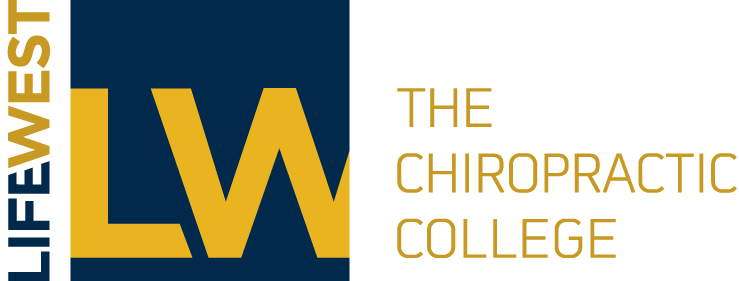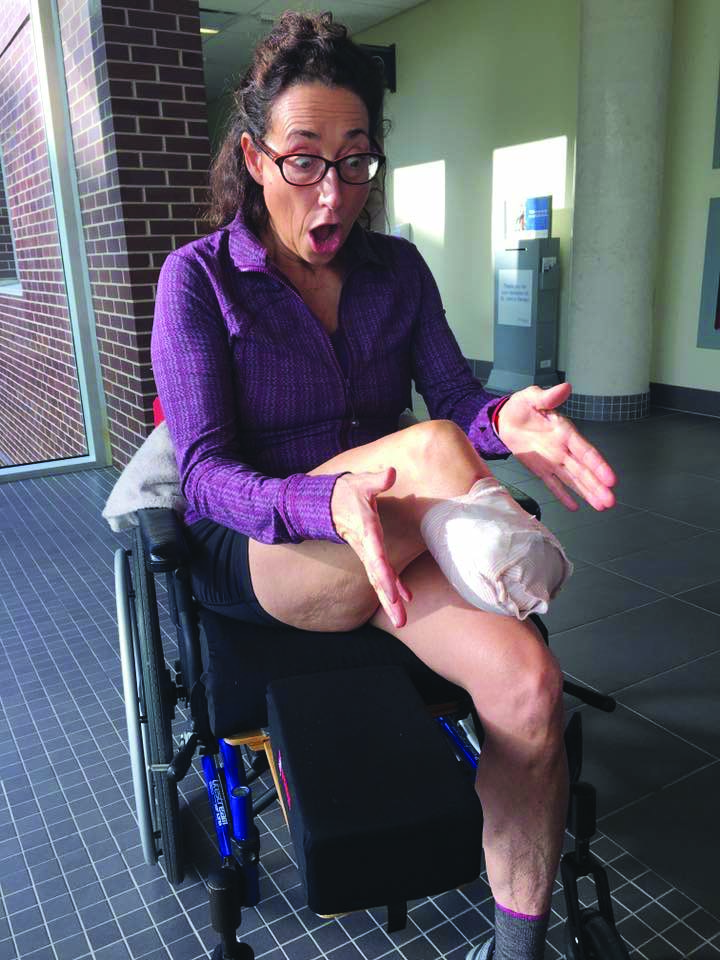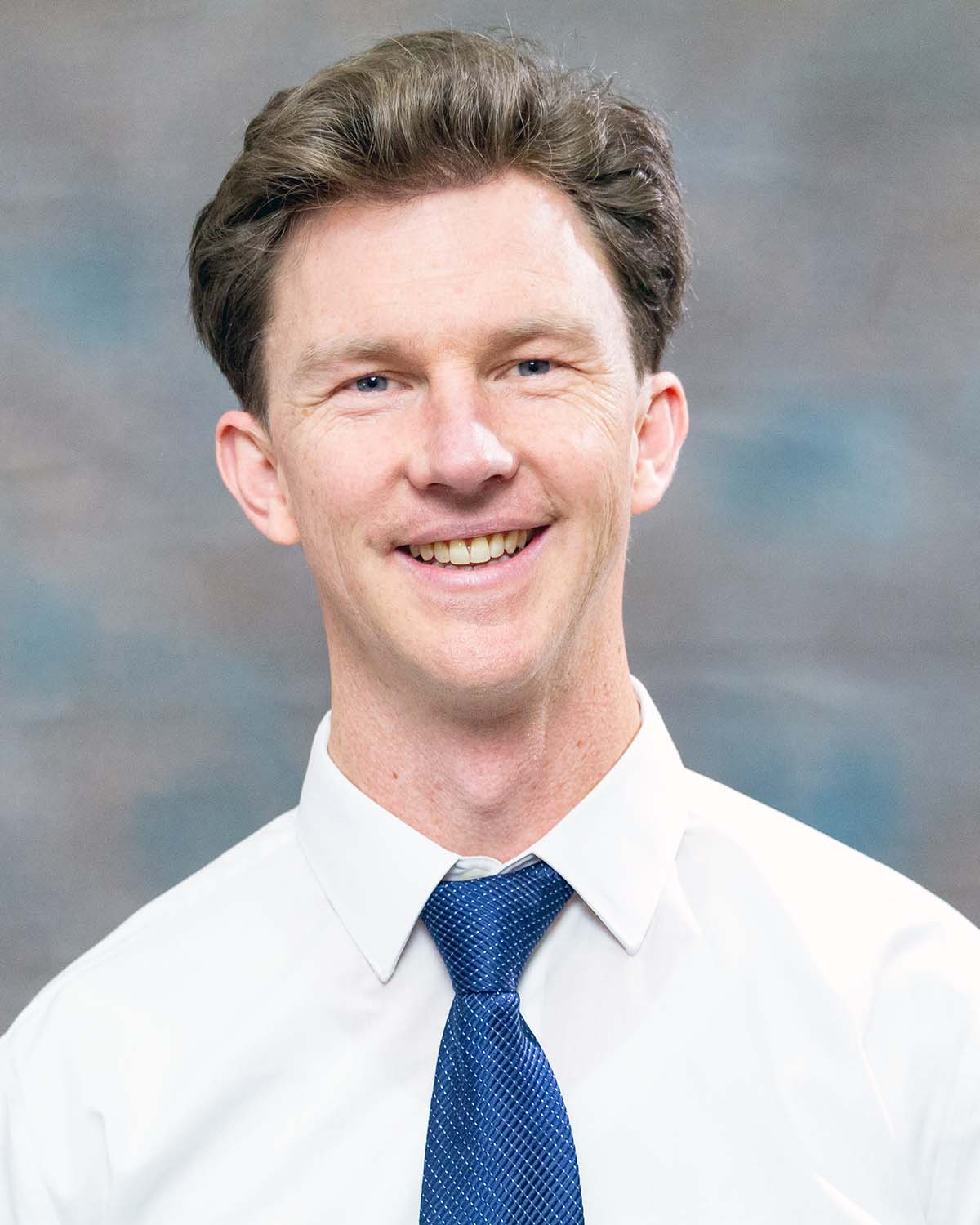Life West Reaffirms: No Surgery and Drugs in Chiropractic
In response to the Wisconsin Chiropractic Association white paper entitled ‘Filling the Shortage of Primary Care Healthcare Providers in Wisconsin- The Primary Spine Care Physician, A New Class of Health Care Provider (1)PSPC White Paper, Life Chiropractic College West reaffirms our position that we are not in support of the addition of surgery or prescribing drugs to the practice of chiropractic.
In reviewing the white paper and the assertions made in it, it is clear that the problem of a shortage of primary care physicians (PCPs) is an issue for the medical profession and the health care community in Wisconsin. It is not a problem for the chiropractic profession, any more than a shortage of dentists would be a concern for the chiropractic profession. However, this shortage presents a wonderful opportunity for the growth of the chiropractic profession with the status quo scope of practice.
The white paper states the problem as “the significant burden of spine-related conditions on the health care system and the shortage of physicians in the state of Wisconsin.” This is a flawed premise. The shortage of PCPs is not the problem. The real problem is the shortage of chiropractors (DCs) helping those people with health issues that can benefit from chiropractic care.
If the premise and prediction of a shortage of PCPs is correct, and this shortage will continue to worsen, then this is a great argument to retain the status quo of the scope of practice of chiropractic in Wisconsin. Classic economic theory concerning the supply-demand equation would suggest that if the supply of practitioners was falling (relative to increasing demand), and patients were simply unable to access PCPs for their musculoskeletal conditions, then they would seek a substitute provider. This is a great scenario for chiropractors. People needing care for their conditions that are unable to be met by a PCP would, through word of mouth, referrals, etc., seek out chiropractors.
Further, the need for DCs to prescribe can only be for personal benefit (i.e. increasing DC incomes, and not primarily for patient benefit). The problem with this strategy is that we should be here to serve the people, and not be self-serving. Making professional decisions in the interest of the practitioner, and not the patient, deserves to be thought through very carefully.
The idea of increasing the supply side of the equation (with DCs having an expanded scope to meet the shortage of PCPs) defies economic thinking. In the short term, if DCs were prescribing medications, there may be in increase in their income; however, due to market forces within the medium term their income would actually decrease due to the increasing numbers of expanded scope providers competing on price. We see this in various domains of healthcare currently.
THE PRACTICE OF CHIROPRACTIC
We take note of the World Health Organization’s definition of chiropractic which states that the “chiropractic practice emphasizes the conservative management of the neuromusculoskeletal system, without the use of drugs and surgery”. (2) If we adopted the WCA policy, we would be completely out of step with World Health Organization guidelines on the practice of chiropractic to expand the professions scope to include the use of drugs and surgery.
THE UNITED STATES HEALTH CARE CRISIS
Two of the main problems contributing to the failing health care system in the United States are the exorbitant cost of the system and the dramatic overuse of many medicines. The numbers of people harmed and killed annually from inappropriate use of prescription medication is alarming. This affected group does not have an equal to any other country in the world.
The United States has 5% of the world’s population and consumes 50% of the world’s prescription drugs. This has not led to a healthier nation; it has had the reverse effect. Giving more drugs to more people through an expanded scope of practice will exacerbate the problem.
While we all recognize the need for some patients to access medical care (drugs and surgery), Life Chiropractic College West joins the large number of colleges, associations and chiropractors that believe there is no time, and no place, for drugs and surgery in the practice of chiropractic. Allow other professions to provide these, and let patients come to chiropractors because we offer chiropractic.
THE SPINE CARE SPECIALIST IDEA
Given the shortage of PCPs in Wisconsin, there is an opportunity for the chiropractic profession in Wisconsin to consider working more closely with the medical community. This could include educating them on the benefits of chiropractic care, including the research that supports the use, safety and efficacy of chiropractic. This presents areas for professional collaboration. In contrast, to become an allopath by practice would be to allow the chiropractor to become an osteopath.
Those practitioners and colleges who have a strong desire to include drugs and surgery into their practice and curriculum would best serve the chiropractic profession by choosing to become medical doctors, nurse practitioners, and doctors of osteopathy.
In summary, this WCA proposal if adopted, it:
- would raise the cost of the health care system, having a detrimental effect on the nation;
- would lower the income of DCs in the long term;
- is ideologically driven;
- is a short term solution by those looking for short term financial gain;
- is typically not in the patient’s best interest to have more patients receive allopathic care;
- would dramatically affect the identity of the chiropractor in the marketplace, creating confusion for the consumer.
In the words of Albert Einstein, we will not solve the current problems with the level of thinking that created them.
We join the voice of the majority of the profession in our opposition to drugs and surgery as part of the practice of chiropractic.
Dr Brian Kelly
President
- (1) Wisconsin Chiropractic Association Website. 2014. WCA white paper on filling the shortage of primary care healthcare providers in Wisconsin [white paper]. Wisconsin Chiropractic Association, Wisconsin. Retrieved from https://dta0yqvfnusiq.cloudfront.net/aapcm45500321/2015/10/WSC-White-Paper-Primary-Spine-Care-Physician.pdf
- (2) WHO Guidelines on Basic Safety and Training in Chiropractic. World Health Organization, Geneva. 2005.









